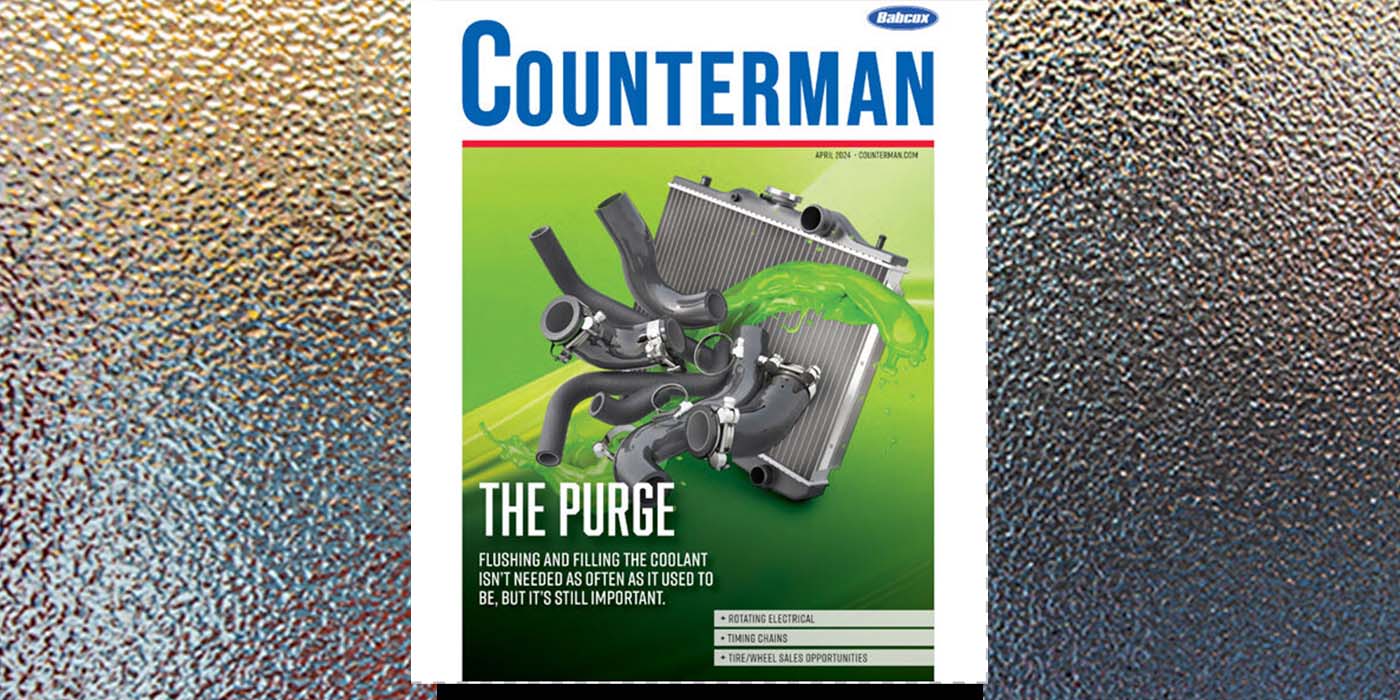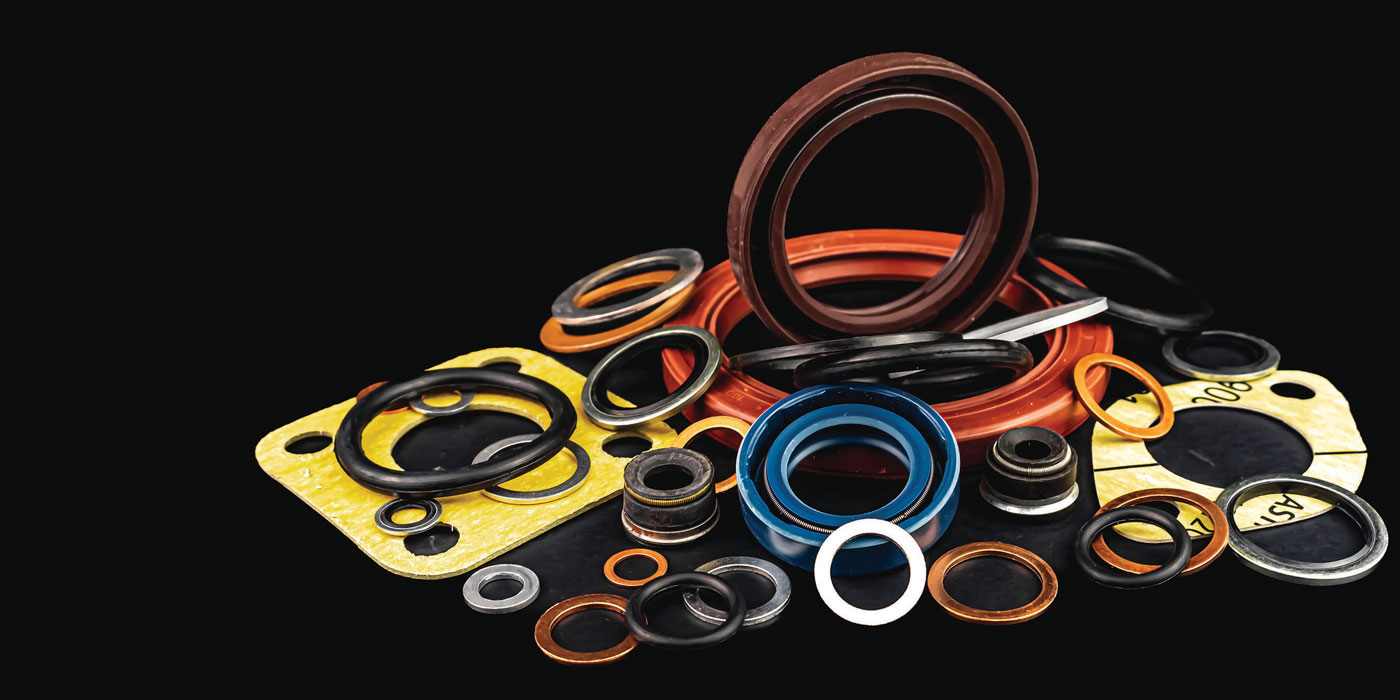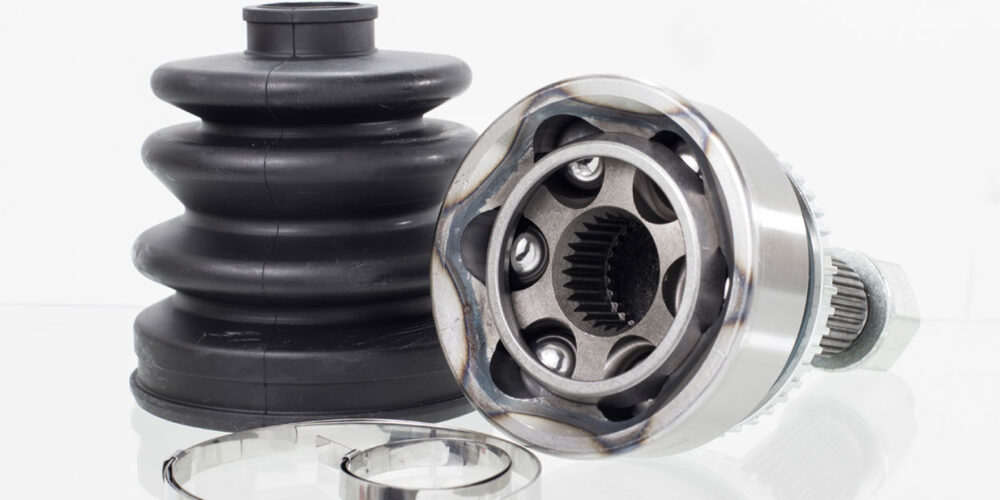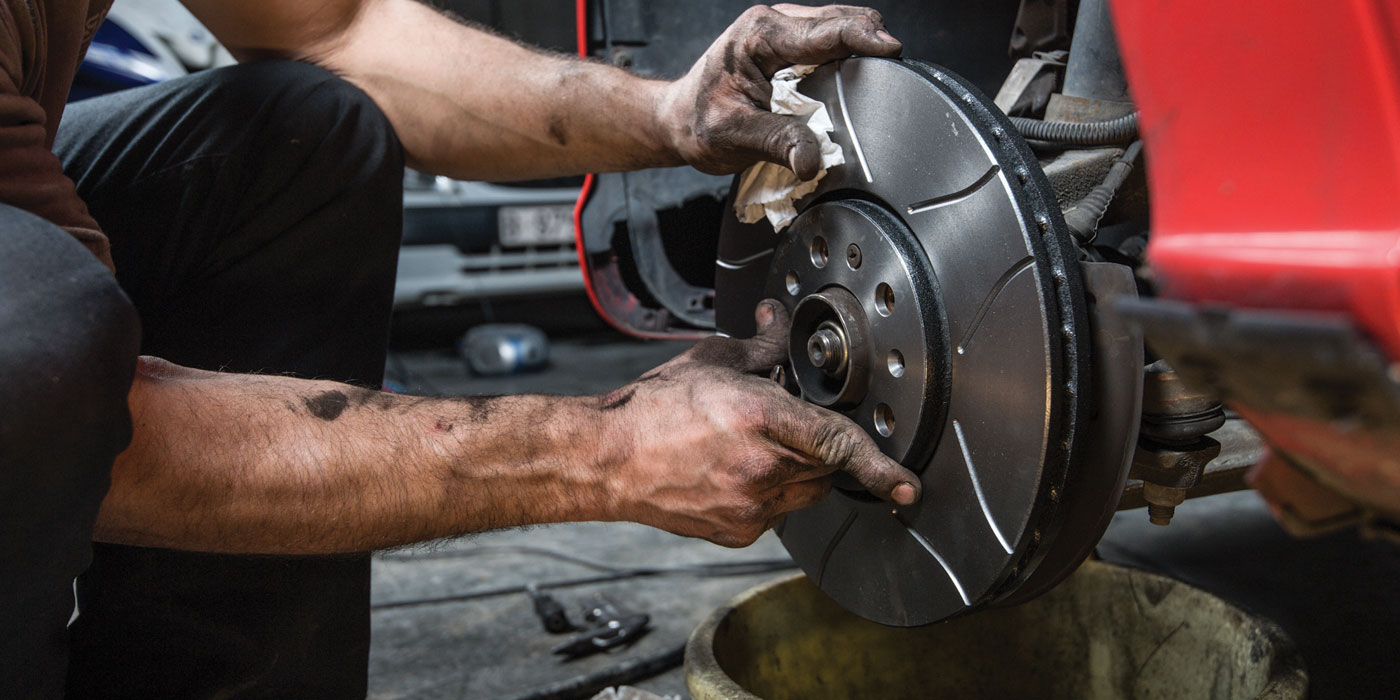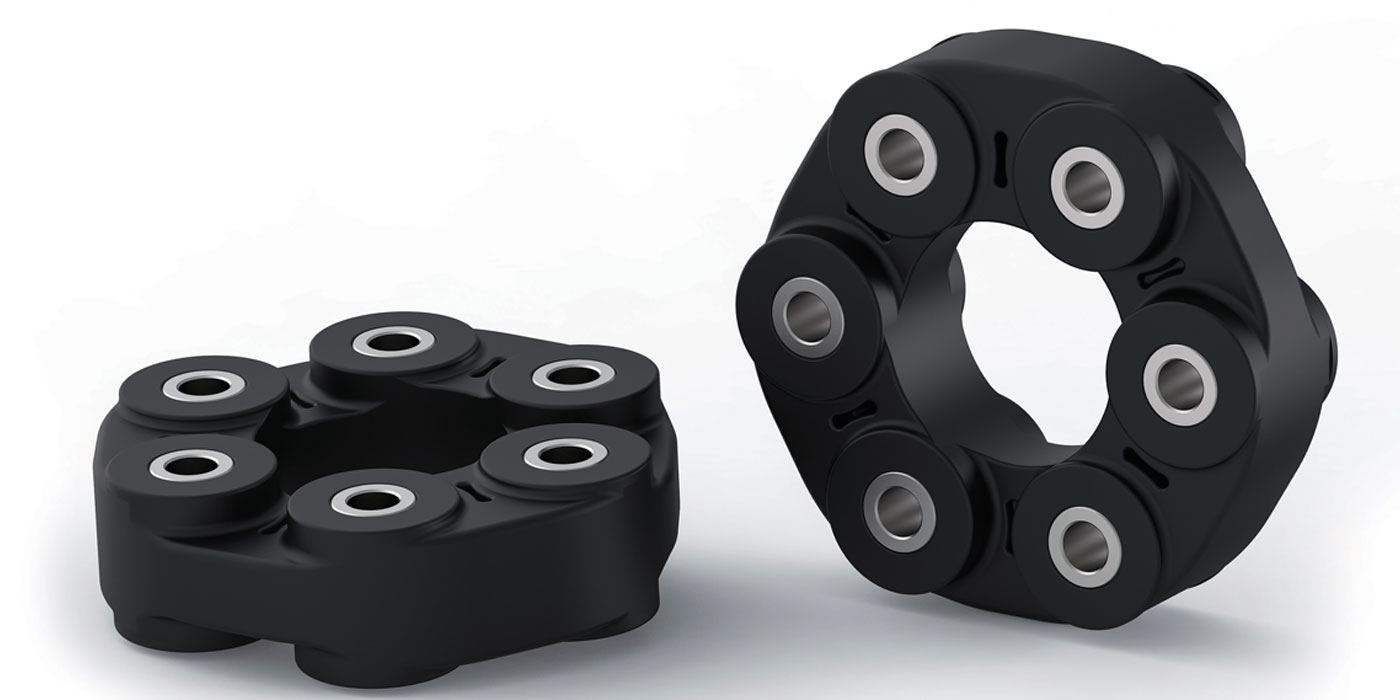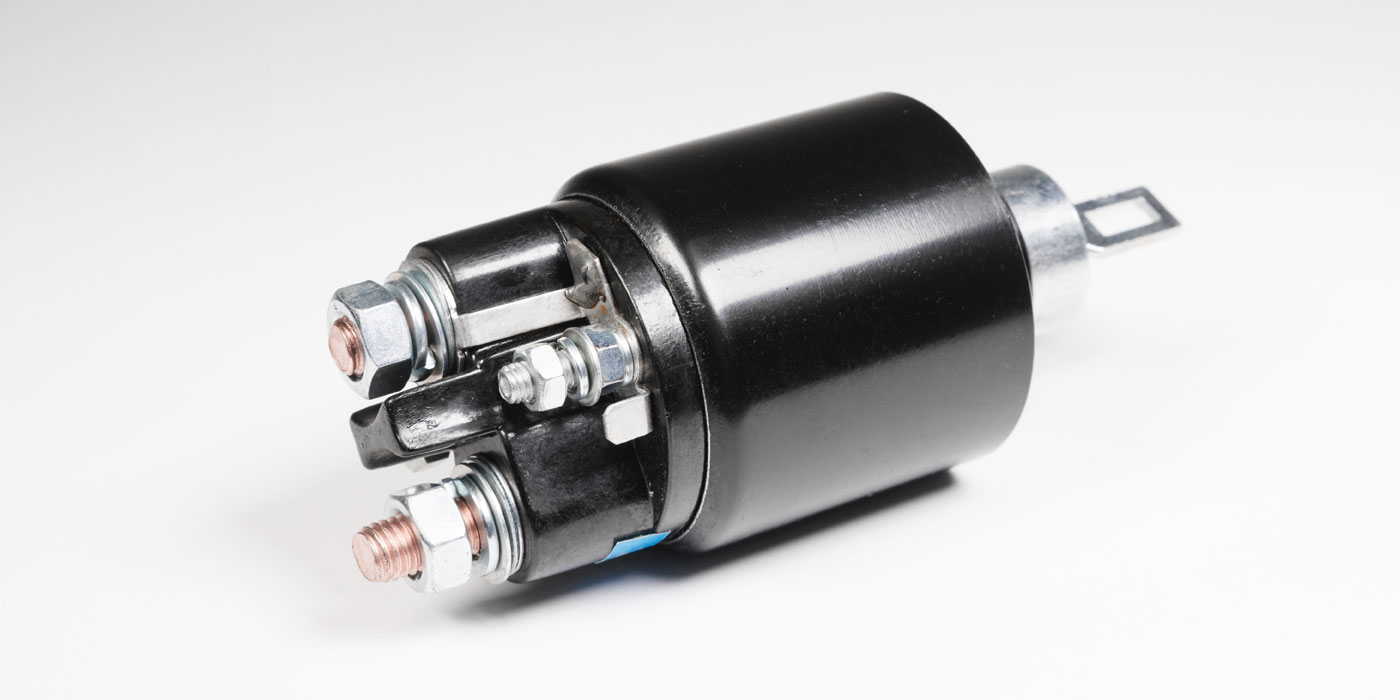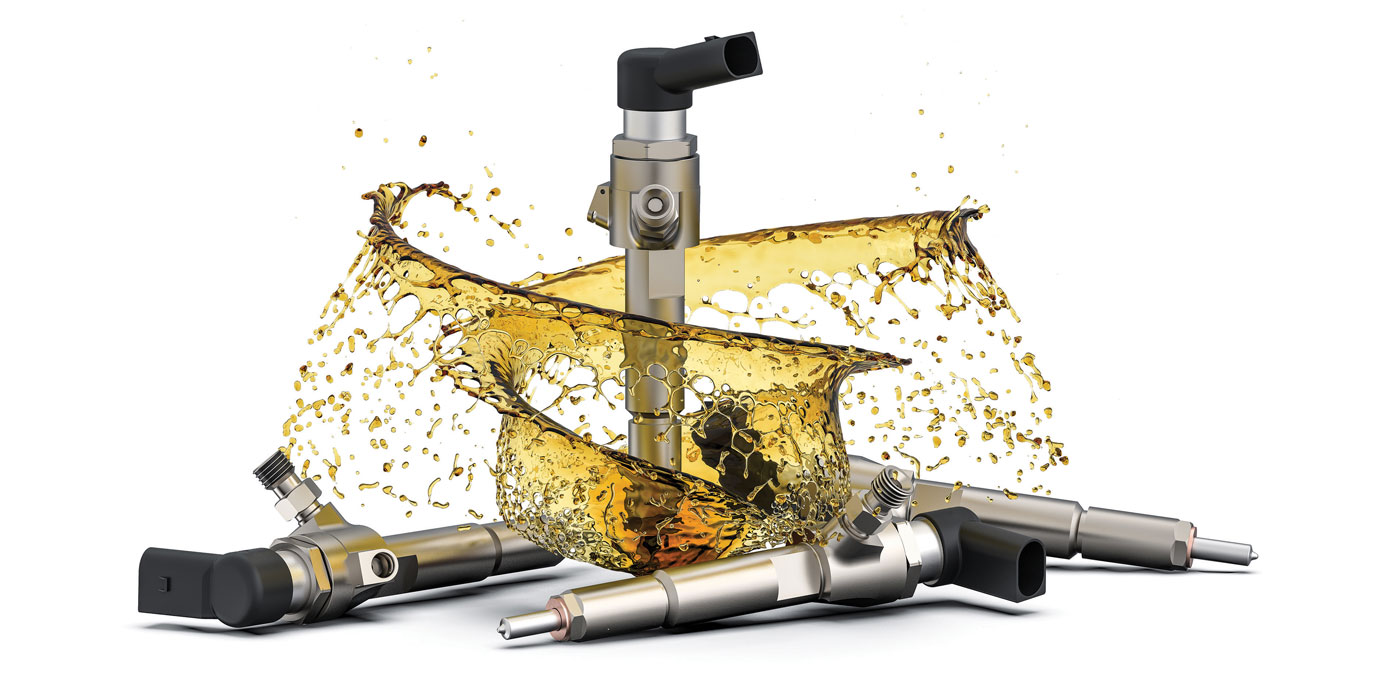I work in a parts store that’s near an airport, marina, rail operations and timber-harvesting companies. When I first started in the parts business, the job seemed pretty straightforward (at least for light-duty parts): Essentially, look up the part according to year, make, model and engine.
I did notice that the customers who needed heavy-duty parts headed to the oldest person at the counter. I also noticed that the starters, alternators and other parts they dragged in were tremendous compared to anything I’d ever dealt with during my decades in the service end of the business. I worked as a tech in automotive dealerships in California, always dealing with light-duty vehicles.
After getting established in the parts store where I still work, some of the heavy-duty customers started taking a chance on me to source their parts. I was in for quite a surprise. At first I tried what I knew, like trying to look up the parts in the catalogs and computer with the customer standing there watching. I floundered right there in front of customers who had been buying there for decades. After a short time, those customers realized that I lacked the experience to take care of their needs. They returned to the experienced counter people who knew where to get what they wanted.
However, I was bound and determined to learn how to source the heavy-duty parts and earn the customers’ respect. I watched the experienced counter people gather the equipment information from the customers and tell the customers that we’d find the part for them.
My manager at the time noticed I was interested in developing heavy-duty sourcing skills. He took me aside one day and let me know that in heavy-duty vehicles and equipment, they’re all custom-built. What happens in, say, a delivery company that uses semi-trucks is they call up and order a truck built to their needs. Even after the delivery company receives the custom-built truck, they’ll send it to an outfitter to get custom fuel tanks, larger alternators or even to have the frame extended. After all those additions, they may need larger brakes to handle the extra load.
As you can see, there’s no just looking up heavy-duty parts. Even if you get all the information off the vehicle and call the dealership for the parts, it’s a gamble because these vehicles go 1 million miles or so, which means most of those wear items have been changed out with something else.
The best way to tackle heavy-duty parts is to gather all the vehicle information from the customer such as vehicle identification, build dates, serial numbers and numbers off the part itself. Also, if possible, have the customer leave the part with you for research. That last part about leaving the part with you is the most important for several reasons. It shows that the customer is really interested in having you find the part for them. If you just get all the information without having them leave the part, you start looking for the part and they’re off to the next parts house to see if they have it on the shelf – which means you may end up spending time sourcing the part and when you call the customer, he says, “Oh, I found it at a parts store in the next town.”
One great way to learn how to source heavy-duty parts is to work weekends like I do. The reason for this is the customers know on the weekend that suppliers are closed and they won’t get it any faster by going around town to see if anyone else has what they want. Weekends also tend to be slower in parts stores, so you have time to have the part in your hand and can do your research.
The internet is a great way to research parts. I start feeding the search engines bits of part information and watch what comes back. Pretty soon you can develop enough information about the part and know what and where to source it. I must say Amazon and eBay are great reference tools to gain information about what you have in your hand.
One great trick you can use is that Amazon and eBay sellers will include the part numbers in their listings so you can know you’re getting what you’re looking for. You can cut and paste those part numbers into general search engines like Google and Microsoft Edge (my favorites). If the information that comes back agrees with what the original search did, you can feel confident you have the information you want.
At that point I email images and part numbers off to contacts in major suppliers that I’ve developed over the years and they will call me back bright and early Monday morning with the price and availability of the part. That gives me a big edge over the competition because while they’re beginning their search for that part, I’ve already called the customer and closed the sale.
Another advantage of working the weekends is that it’s a great way to build long-term relationships with customers and suppliers. On the customer end, they’re down for the weekend and not in a hurry to drop the part and get out the door. Take time with them and get to know them. What are their interests and hobbies? One little thing I like to do is find out if they like dogs. If they do, I have a customer for life. I find out what the dog’s name is and encourage them to bring the dog in when they come in on the weekends. After that, I always ask how is Fido doing when they come in.
So working weekends means I have two days off during the week. When I first got the bug to learn heavy-duty parts, I would get in my car with my wife and dog and make day trips to wherever the supplier was to pick up the special-order part that I’ve sold the customer that weekend. I developed a loyal following that knew I would have the right part faster than my competition did every time. The competition started their search later than I did and had to arrange and charge for shipping. For one great customer who I like, I traveled eight hours one way for a compressor he needed. We made an entire weekend getaway on that one.
One great thing that has come along for sourcing parts is the cellphone. I always have it close to my workstation so I can snap images and information about the part. I then send that information to suppliers around the country, and they do the legwork for me while I’m selling parts to walk-in customers.
Every Saturday when I go back to work to start my workweek, there are piles of heavy-duty parts that customers left for me to find for them. Everyone in our store knows just to get the customer’s name and phone number and I’ll do the rest. I put all those names and phone numbers in my database for future use. The other day, one of those customers came in to see me, and after he left I noticed he had left a giant wad of cash in a money clip on my counter. I had his name in my database and called him and told him what happened. He said, “WOW, I am sure glad you had my phone number!”
In the beginning, heavy-duty parts are difficult. However, if you stay at it and put in the extra effort, it all comes back to you. CM
Charles Dumont is an ASE-certified counter professional with NAPA Auto Parts in Shelton, Washington. A regular contributor to Counterman, Dumont is the 2020 NAPA/ASE Parts Specialist of the Year.


